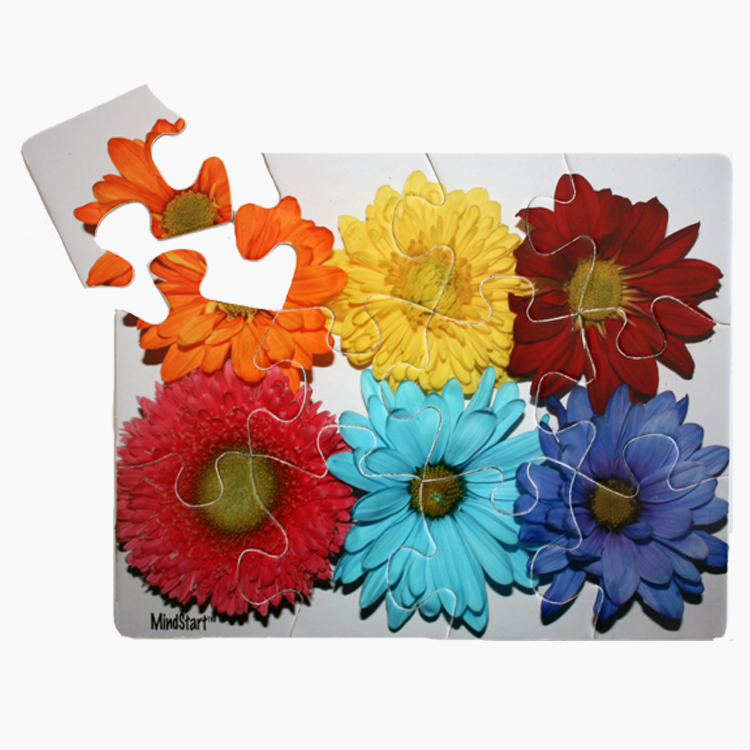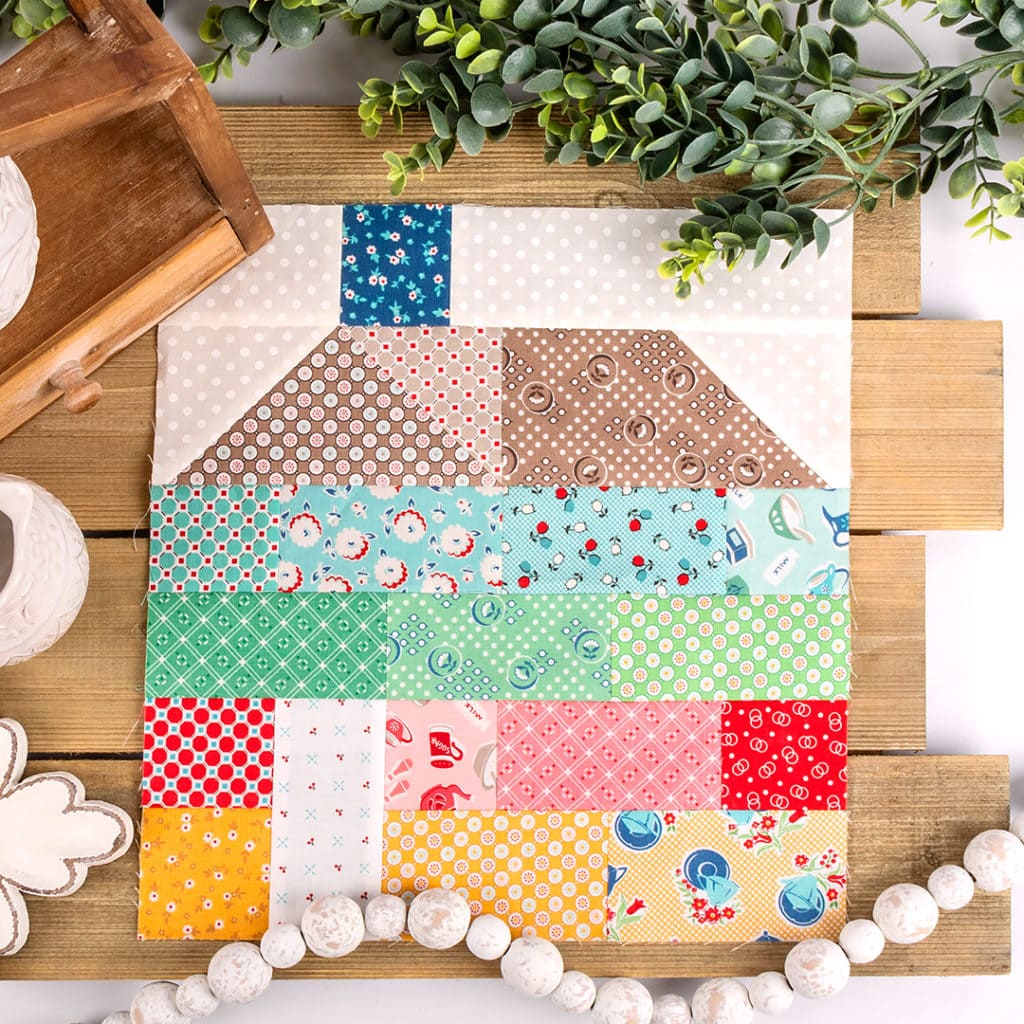
Casting on allows you to add new stitches to your knitting project without having to depend on the previous ones. It has an independent lower edge, unlike binding off, which depends on a previous row of stitches. There are many methods to cast on knitting. This article will show you how to do it. By the end of this article, you should be able to cast on and knit a scarf or a sweater without a problem.
Techniques for knitting cast-on
Cast-on knitting can be described as a series of stitches that are added without the need to use any other stitches. Cast-on knitting has a separate lower edge, making it the opposite of binding off. If you want to learn how to cast on, check out the techniques described below. You'll find many useful tips in this article! Start by choosing a simple pattern to follow and read. Then, practice!

The knitted casting-on technique is one of most simple for cast-on knitting. This is when you knit into the slip knot's loop. It's similar to the cable-cast-on except you must knit between two stitches to complete a row. While this is the easiest method to master it has its own pitfalls. Make sure you keep the knitting needles as close together as possible while you are working to smoothen the cast-on edges.
German Twisted Cast-On Knitting Techniques
With the German Twisted knit-on, you can create a super-stretchy border. This technique is similar the Long Tail Cast On except that it includes extra yarn. This technique is great for creating a pullover. This technique can be used to knit any type of project. You'll learn how to perform this cast-on in this article. Listed below are the tips and tricks for doing it.
First, you should know that the German twist cast-on takes twice as many wraps than you would need to knit 20 stitches. Make sure your tail is long enough for weaving in. Approximately 2.5 times the number of wraps is required for a medium-sized project. You will need approximately 50 wraps per twenty stitches. Leave enough tail to weave in later. In Germany, German knitters refer to the German Twisted Cast-On as "Verschrankter Deutscher Anschlag" or "German Knitting Technique." They simply refer to themselves as knitters.
Techniques of long-tail knitting cast-on
Two strands of yarn are used in long-tail cast-on knitting. Use this technique to cast on. Measure your working yarn length and leave a tail. If the tail is too long, cut it and unravel the cast on. The tail will hold the working yarn. When you're done knitting, you will be able to join the two strands together and complete your project.

The long-tail cast on is very similar to knitting with slip knots. Once you have joined the two yarns together, pull the yarn through the slip knot and continue knitting. The cast-on may be too loose if the yarn hangs. Dangling tails will lead to loose loops that don't fit well. The cast-on is most secure when done knitwise, but can be performed purlwise as well. To cast on, place a 4" tail on each of your needles and tie a Slip Knot. This knot is not considered a stitch.
FAQ
What are observation hobbies exactly?
Observation hobbies involve watching people do the things they love. You might be interested in watching sports, reading, going on holidays, and so forth. It could also be observing other people as well.
You can learn creativity through observation hobbies. This knowledge can be used later to help you with projects that you are working on for others or yourself.
It will be easier to learn about something if you are interested in it.
You might watch or read about football to learn more. If you want to learn more about photography, you could take or visit exhibitions.
If you like to play music, you can either learn the songs online or get a guitar.
You have the option to make your own meals or take out at a restaurant if you enjoy cooking.
If you like gardening, you could grow vegetables or flowers.
You could take a class or go out dancing with your friends if you enjoy dancing.
You could also paint pictures if you are a fan of painting.
If you like writing, you could write stories or poems.
You might enjoy drawing pictures, if you are a good artist.
If you are passionate about animals, you can look after them or work at the zoo.
If science is your passion, you might choose to study biology or chemistry.
You can read books, listen to podcasts, or watch films if history interests you.
If you enjoy travelling, you might consider exploring your local area or traveling abroad.
What types of hobbies are suitable for introverts?
Introverts have the ability to focus on one thing at a time. They enjoy solitude and prefer to read, write, play music, watch movies, etc.
They also enjoy quiet time. They are not social creatures and don't want to be around people all day. In fact, they often find themselves bored when surrounded by people.
Introverts may choose to do hobbies that are more alone-oriented. They might enjoy reading, listening to music or taking photos, painting, writing poetry, and other such activities.
Introverts may even prefer to live alone. They can focus on their hobbies and not be distracted by other people.
Is it possible to become rich from a hobby?
Not necessarily.
You could be wealthy if you have a passion for starting your own business.
For example, let's say you're a fan of cooking. You love healthy food, so it was a natural decision to open your own restaurant.
You serve only organic meals made from scratch and charge customers a small fee to cover the costs of ingredients and labor.
Over time, you grow your clientele and eventually hire employees who work alongside you.
Soon, your menu will include gluten-free and vegan options as well as desserts.
In this scenario, you've created a successful business that has allowed you to live the type of lifestyle you wanted.
However, you don't have to quit your day job.
Instead, you could simply run your restaurant while still holding down your regular 9-5 position.
How do I find a hobby to pursue?
When you first start your journey into finding a hobby, you may feel like you've got nothing to choose from.
You might be thinking "I'm not very creative" or "I am terrible at sports" or even "I don’t know anything”.
However, it is likely that you already have a lot to draw on when searching for a hobby.
It's not that you don’t realize it yet.
Have a look at your home. How much stuff are you able to store?
Are there any toys that you don't use anymore?
Maybe you have a collection of books or magazines.
Maybe you've always wanted to learn how to cook.
Or perhaps you would just like to learn how to play the guitar again.
It doesn't matter what it is, you can probably turn it into a hobby.
The secret is to remember that you already have plenty to draw on.
And once you do, you'll be able to pick out a hobby that fits right into your lifestyle.
What's a hobby for children?
Hobby for children is anything they enjoy doing outside of work. You might find them interested in drawing, building things, painting, writing stories, playing with toys, listening to music, reading books, watching TV, and playing computer games. They may also like to play soccer, football, basketball, cricket, rugby, baseball, and hockey.
Many parents worry about their children getting into trouble if they have the freedom to do what they want. But this isn't always true. They won't get into trouble if your child is safe and does not cause harm to others or themselves.
It's important for people to understand that just because they like something doesn't necessarily mean they'll choose it all the time. If they dislike writing but enjoy drawing pictures, they might opt to draw pictures.
There are many different hobbies, so it is up to you which one you love the most.
What are competitive hobbies, you ask?
Swimming, running, cycling, golfing and tennis are some of the competitive sports.
They're usually played by people who enjoy physical activity but also provide an opportunity for social interaction.
You will probably find people around you who have the same hobby as you, if you are into physical activity.
This could be as simple as joining a sports club where you play regularly together.
You may also want to play in a team game, where you are playing with others.
These include football (soccer), cricket, rugby, netball, basketball, hockey, baseball, volleyball, badminton, squash, handball, and table tennis.
There are many different types of competition.
Some competitions may be held for pure recreational purposes.
Others are intended to test competitors' skill.
Yet, there are others that reward exceptional performance.
The winners are awarded prizes in these cases.
Other competitions are meant to test competitors' strength and stamina.
These are known endurance events.
For example, marathon races, triathlons, Ironman Triathlon, etc.
Athletes often train hard before competing in these events.
To prepare them mentally and physically, they will be following a strict training regimen.
They might also have to travel for preparation.
It is important to keep in mind that not all athletes can compete in every event.
Statistics
- The Role of the Mind in Sex, Dating, and Love: Men in the “humor” condition received phone numbers from 42.9% of the female participants and were refused 57.1% of the time. (time.com)
- Much of this decline reflects the fact that teens are less likely to work today than in the past; among employed teens, the amount of time spent working is not much different now than it was around 2005. (pewresearch.org)
- A new survey by Pew Research Center of teens ages 13 to 17 finds that 36% of girls feel tense or nervous about their day every day; 23% of boys say the same. (pewresearch.org)
- Studies show that just six minutes of reading can reduce stress levels by 60 percent. (oberlo.com)
- 37% Video Games 36% Travel 36% Health and Fitness (quizexpo.com)
External Links
How To
How to Find the Right Hobby
You might be able tell if your hobby suits you by asking yourself questions.
-
Do I enjoy doing it?
-
Is it a pleasure?
-
Is this something I'd like to do even as I age?
-
Can I do it well?
-
Are there ways to improve?
-
Would I recommend this to anyone?
-
It will bring me joy.
-
Is it going to help me to relax?
-
Is it going to make me feel better?
-
What skills will I gain from it?
-
Will it let me meet new friends?
-
It will allow me to express myself creatively?
-
Is it possible to learn new skills?
-
It will give me confidence.
-
It will give me a feeling of achievement.
-
Will it lead to financial success?
-
Will it allow me travel?
-
It will allow me to travel new places.
-
Will it motivate me to exercise more?
-
It will it motivate me to work harder?
-
Can it motivate me and help me succeed?
-
It will involve me in activities I would not normally consider?
-
Is it up to me?
-
It will be entertaining.
-
Is it going to keep me fit?
-
Will it save money?
-
Will it reduce stress levels?
-
Is it going to stop me from getting bored?
-
What will it do for me?